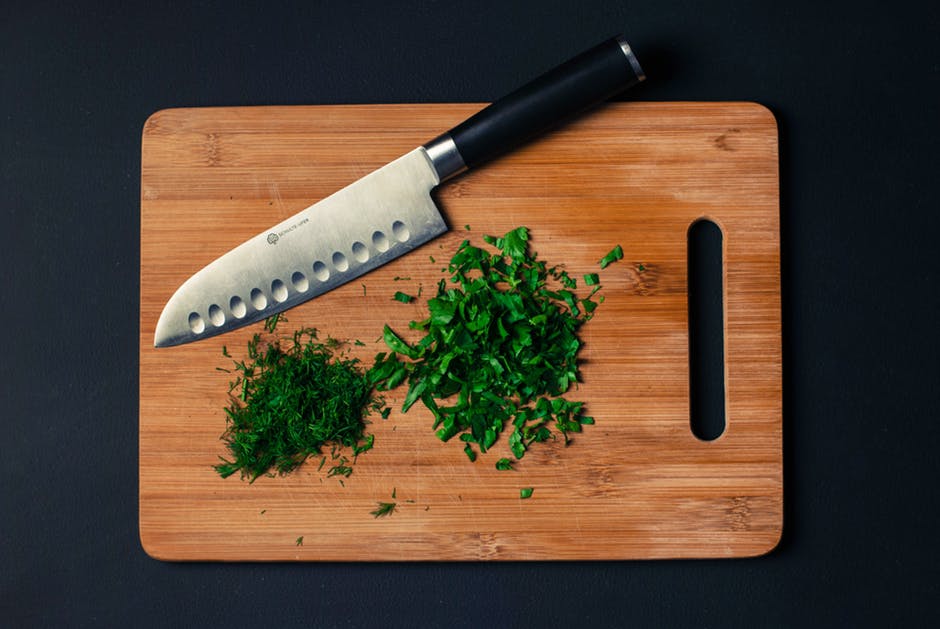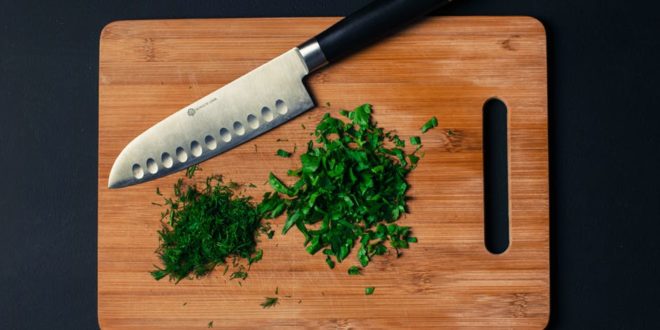With a good knife lasting up to 30 years, you should only have to invest in a handful of sets throughout your lifetime. Of course, when you’re trying to slice through a soft tomato with a blunt knife you’ve owned for a matter of months this can seem like a fanciful claim. So what gives?

The reality is that it might not be the knife, it could be you. Regardless of how accomplished you are in the kitchen, just a few rookie mistakes you could be unintentionally reducing the lifespan of your best knives. Here’s what you need to know:
Storage
For most home cooks kitchen storage is always at a premium. While there’s nothing wrong with stuffing your top draw full of utensils, failing to give your knives pride of place is one of the biggest mistakes you can make. Ideally you should store them in a knife block as blades ricocheting off each other in a drawer is a one-way ticket to a blunt edge. This will also help to protect your fingers when you’re rummaging for a spatula. Just be sure to always press the blunt edge of the knife against the slot when you pull them out of the block to avoid nicks. Mounting a magnetic strip on the wall is also a fantastic way to save space, add a touch of style to your kitchen and of course, protect your knives.
Banish the dishwasher
While it can be tempting to throw your knives into the dishwasher after preparing a meal, this easy shortcut isn’t so great for their lifespan. No matter where you place them the knives are guaranteed to rattle around which can dull and chip the blades. They could also damage other silverware and even wreak havoc on your dishwasher mechanics.
Use the right knife for the job
Ever tried to cut bread with a steak knife, or vice versa? The importance of using the right knife for the job can’t be stressed enough. Take the time to get to know your knives and what they’re good for. Most chefs stick to four knives, each with their own unique perks. Chef’s knives usually have an eight to ten-inch blade and are incredibly versatile. Great for things like veggies and herbs. Paring knives are small and agile, which makes them perfect for cutting garlic, coring apples and so on. Serrated knives offer a jagged blade that’s great for tomatoes and other softer vegetables. Last is the boning knife, which is designed to flex around bones and slice through cartilage. Get to know what’s what and your kitchen prep and knife lifespan will drastically improve.
Using glass cutting boards
While glass cutting boards can seem clean and stylish they can spell disaster for knives. The surface is incredibly talented at dulling blades and damage knives. They can also get slippery which can cause unnecessary danger in the kitchen.
With a few simple tweaks you’ll find that not only do your knives keep their edge longer, but that your kitchen prep work is also an absolute cinch.









TailsNZ - 8 years ago
the biggest problem is expecting a knife to stay sharp forever. it won’t, so a regular sharpening is good (not those knife sharpening gadgets!) and regularly running them on a steel.